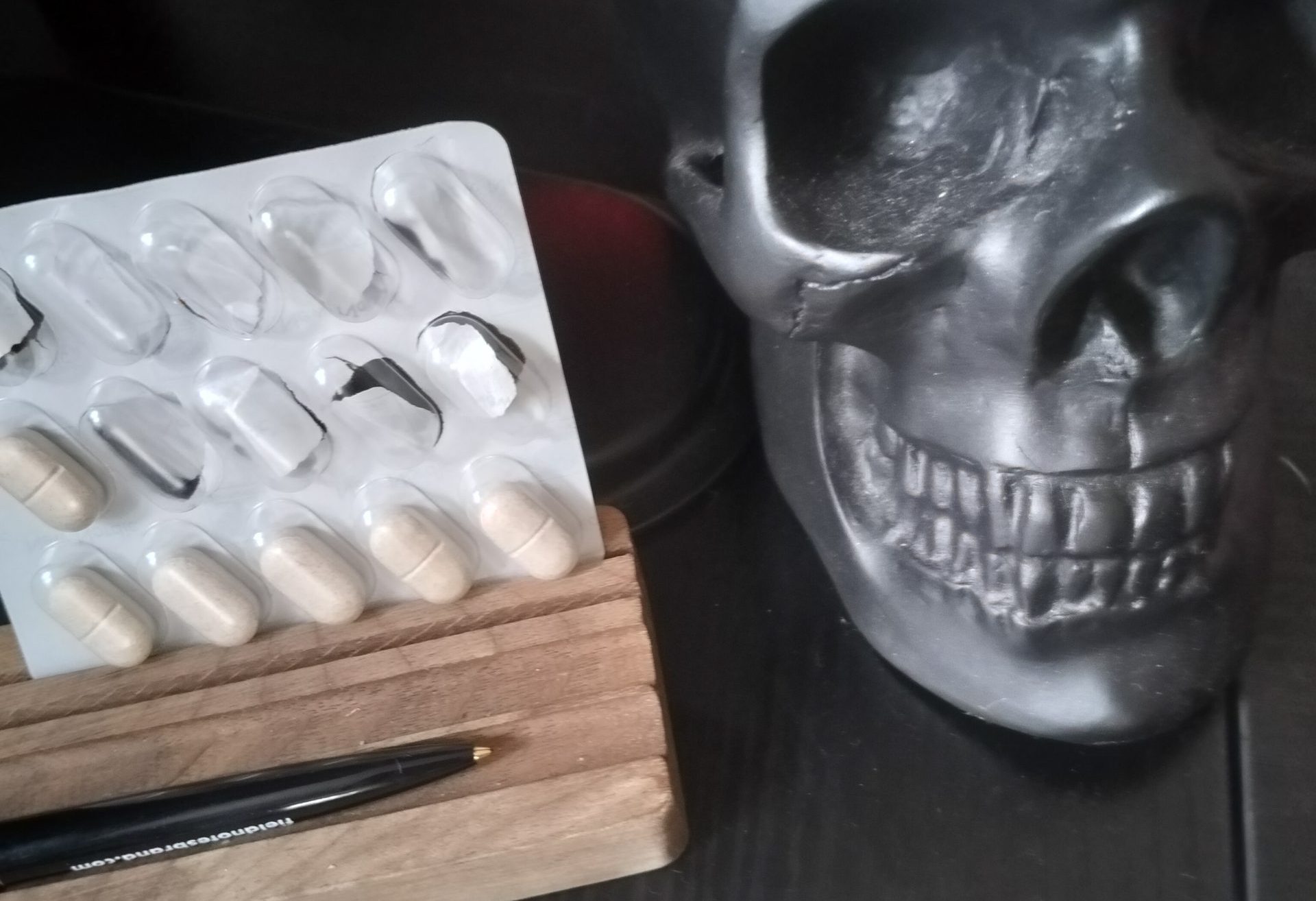Adventures are thrilling, but they’re also loud. For now, I’m choosing the softer kind of noise: kettles boiling, washing machines humming, toast crunching…
The Highs
August was incredible. Big trips, bright moments, the kind of days that deserve capital letters: The Fringe. The Theme Park. The New Head Office.
There were late nights and loud mornings, too many people crammed into too little space, gig timetables that felt like puzzles and the dizzying joy of being somewhere that wasn’t my own room. Chaos at its finest.
But here’s the truth: they’ve also wrung me out. Amazing, yes. Exhausting, absolutely.
The Craving
Now, all I want is routine. The boring kind. The quiet kind. The kind where I know what Monday looks like, where Tuesday isn’t a surprise party, and where the biggest decision of the week is whether I eat pasta or rice for dinner.
Give me predictable mornings. Coffee in the same mug, at the same table, at the same time and not having to remember what loyalty app I should be using. Give me getting all my chores done by Thursdays, so that knitting on the sofa comes stress-free on Fridays, and all without having to calculate train times and Uber journeys.
Routine is knowing when the bins go out. It’s having a go-to mug for Monday mornings and that the only Friday night outfit I’ll need is a sports bra and gym leggings. It’s deciding how many episodes of Alien: Earth I can rewatch before bed without sabotaging the next day. It’s the hum of the washing machine. The kettle clicking off, steady as a metronome. The too-bright supermarket lights that feel oddly comforting, in the same way that everything in the rest of the supermarket is just where you expect it to be.
The Balance
Chaos is brilliant. It’s also loud. It demands too much, too often. Adventure is a drum solo: dazzling, thrilling, impossible to ignore. Routine is the rhythm section underneath, steady and grounding. The part that makes the music work.
I sat at my desk the other day and realised what I wanted wasn’t another adventure. It was a week where the most dramatic moment was the Google reminder for me to get my laundry out of the dryer.
The Rest
So yes, I’ve had some amazing weekends.
But right now? I want a week where nothing happens. Where the highlight is an empty laundry basket or a perfectly buttered piece of toast. Where the biggest problem is I’ve run out of almond milk or the butter being too cold to spread.
Maybe that’s the secret: adventure isn’t special without the contrast. The parties, the trips, the chaos, they need routine to bounce against.
I’ll take boredom while it lasts. Fireworks always find their way back in, whether I ask for them or not.



